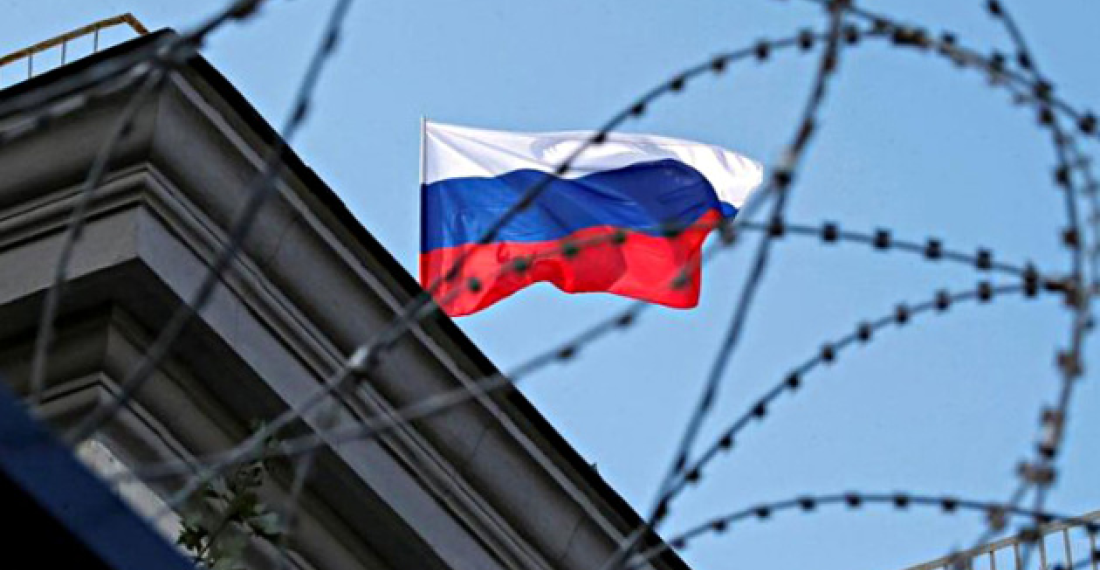The European Council has announced that it will extend sanctions on Russia for another six months, until 15 September 2023.
In a statement released on Monday (13 March), the Council announced:
"The existing restrictive measures provide for travel restrictions for natural persons, the freezing of assets, and a ban on making funds or other economic resources available to the listed individuals and entities. Sanctions will continue to apply to 1,473 individuals and 205 entities, many of which are targeted in response to Russia’s ongoing unjustified and unprovoked military aggression against Ukraine."
The statement continued:
"After 24 February 2022, in response to Russia’s military aggression against Ukraine, the EU massively expanded sanctions against Russia with the aim of significantly weakening Russia's economic base, depriving it of critical technologies and markets, and significantly curtailing its ability to wage war.
"In the European Council conclusions of 9 February 2023, the EU reiterated its resolute condemnation of Russia’s war of aggression against Ukraine, which constitutes a blatant violation of the UN Charter, and has brought immense suffering and destruction upon Ukraine and its people."
The Council also called on Russia to end its "atrocious war immediately", adding that the EU will "will stand by Ukraine with steadfast support for as long as it takes, and remains unwavering in its support for Ukraine's sovereignty and territorial integrity".






